DNS leak protection is incredibly important for businesses because DNS servers are the backbone of the Internet. DNS stands for Domain Name System, and it’s what converts letters into IP addresses so that you can connect to websites like Facebook or Google. DNS servers act as a directory for all domains on the World Wide Web. But there is one major problem with DNS: It doesn’t encrypt your data! That means if someone were to intercept your DNS queries, they could see everything you’re doing online – including passwords, email messages, personal information, etc. Fortunately, though, there’s an easy way to protect yourself from this threat called DNS leak protection!
The question as to what DNS leak protection is and why it is necessary for your business is answered by knowing that when you register a domain name on any of the popular domain name registrars, you are assigning your website or network an IP address. This address will be associated with a numerical representation that other computers on the network can access. The fact that this address is static will enable all computers to connect to it without changing the IP address whenever they would like to visit a particular site or network. This can be very convenient for all business owners and provide all the benefits that any business may want.
Table of Contents
How Does DNS Leak Protection Work?
When you connect to any website, your request goes through several layers of encryption before reaching its destination. The first layer of encryption happens when you type www.google.com into your address bar. When you do this, your IP address gets sent over the wire to Google’s server. From there, Google sends back an HTTP response containing the requested page. At each step along the way, your data is protected by SSL/TLS. However, once your data reaches its final destination, it becomes vulnerable again. That’s where DNS leak protection comes in.
We take care of the last leg of the journey with DNS leak protection – ensuring that your data remains confidential until it arrives at its intended location. We accomplish this by encrypting every single DNS request made by your device. This means that even though your ISP knows exactly which site you want to visit, they can never see what you’re looking up. They only know that you asked them to send you somewhere else. And since they don’t know anything about the content of those sites, they cannot view their content either.
In addition to keeping your personal information secure, DNS leak protection also helps protect companies from identity theft. Since ISPs aren’t able to intercept your DNS requests, they won’t learn much about your online activities. As a result, they won’t be able to use your search history to identify other people associated with your account.
What is a DNS Leak Test?
A DNS leak test allows you to determine whether or not your device has been compromised. If you suspect that your computer might have been hacked, then you should perform a DNS leak test immediately. A DNS leak test involves sending a series of encrypted DNS requests through your browser to verify that your system hasn’t been tampered with. Before performing the test, you’ll need to enter some basic details, such as your username and password. Once you’ve entered these credentials, press “Test.” Your results will appear shortly after.
If you find that your DNS query traffic isn’t being encrypted, you probably have a security issue. In most cases, this indicates that your machine has been breached. To fix this, you must change your login credentials and update your operating systems. For more detailed instructions, please refer to our guide here.
How to Use DNS Leak Testing Tools to Perform a Leak Test
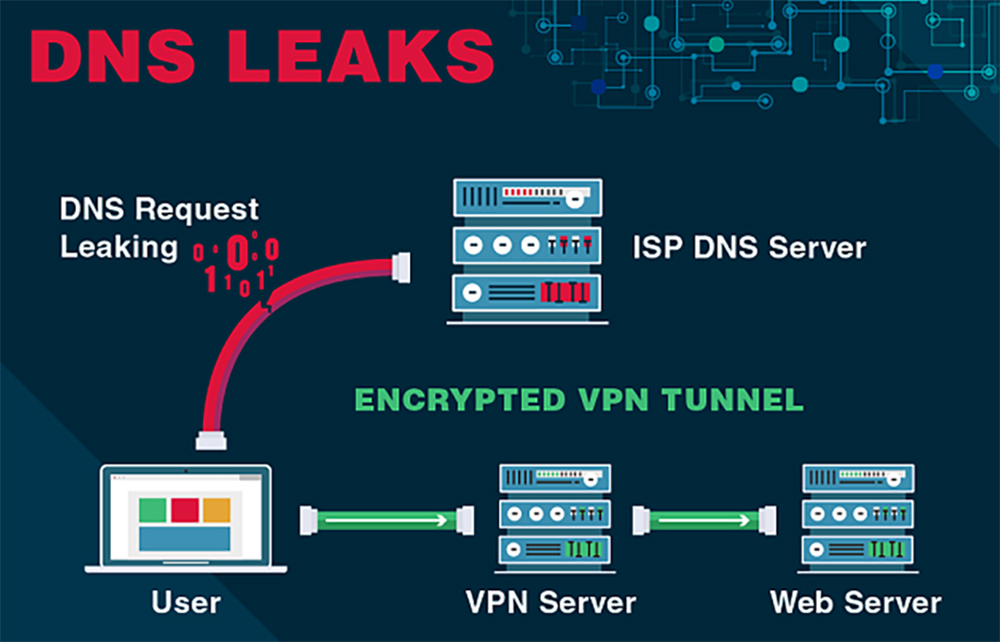
- Go to your DNS leak testing tool and open it.
- Connect your VPN and click on Start Now or Standard Test or whatever your service’s start button is.
- After the DNS leak test has been completed, you’ll see a list of IP addresses and locations if you did it correctly. If any of the IPs are the same as your usual IP address, your VPN was not connected properly or leaked DNS.
A couple of DNS Leak Testing Tools that we’ve found to be accurate and reliable are:
Why Should I Use DNS Leak Protection?

Photo by Ketut Subiyanto from Pexels
There are many reasons why you should consider using DNS leak protection. Here are just a few:
- Protect against hackers who steal information via DNS queries
- Prevent unauthorized access to websites
- Ensure privacy while browsing the web
- Keep sensitive company information private
- Improve productivity
- Reduce bandwidth costs
- Increase employee satisfaction
- Eliminate downtime due to technical issues
- Avoid potential legal problems
- Save money
- Stay compliant with government regulations
What Are Some Common Problems With My Internet Connection?

Photo by energepic.com from Pexels
The following list describes common symptoms that indicate that your connection may be leaking DNS requests. These include:
- Slow speeds or intermittent connectivity
- Unusual network activity
- High latency between devices on the same LAN
- Inconsistent performance across different networks
- Poor reliability
- Increased packet loss
- Network congestion
- Outages
- Blackouts
- Data corruption
- System crashes
- Device freezes
- Website errors
- Application failures
- Malware infections
- Spyware installations
- Phishing attempts
- Identity theft
- Other Security Flaws
- Erratic internet traffic
Suppose you suspect that your internet service provider has monitored and recorded your internet activity and DNS traffic. In that case, you need to contact us immediately so that we can help resolve the issue.
Why Should I Use DNS Leak Protection?


Photo by energepic.com from Pexels
Here are some additional benefits of using DNS leak protection:
- You will no longer have to worry about being tracked as you browse the web. Your browsing habits remain private because all of your DNS queries go through our servers instead of your ISPs.
- By protecting your online privacy, you save time and money. No more worrying about whether someone might be spying on you while you surf the web!
- If you work for a company that requires strict compliance with federal laws such as HIPAA, PCI-DSS, GLBA (Gramm –Leach–Bliley Act), FERPA, or COPPA, then you should consider implementing DNS leak protection. It protects both your employees and customers’ sensitive information.
- When it comes to online shopping, there is nothing worse than having an error message pop up when trying to purchase something from Amazon. This frequently happens if you don’t use DNS leak protection. The problem usually occurs when your ISP intercepts your request and redirects it to their website. We prevent this by encrypting your DNS queries.
- Many ISPs block certain types of content based on what they think you’re looking at. They do this without asking permission first. Our system allows them to see exactly which sites you visit but not how long you spend on each site. So even though they know where you’ve gone, they cannot tell you anything else about yourself.
What is a VPN DNS Leak?
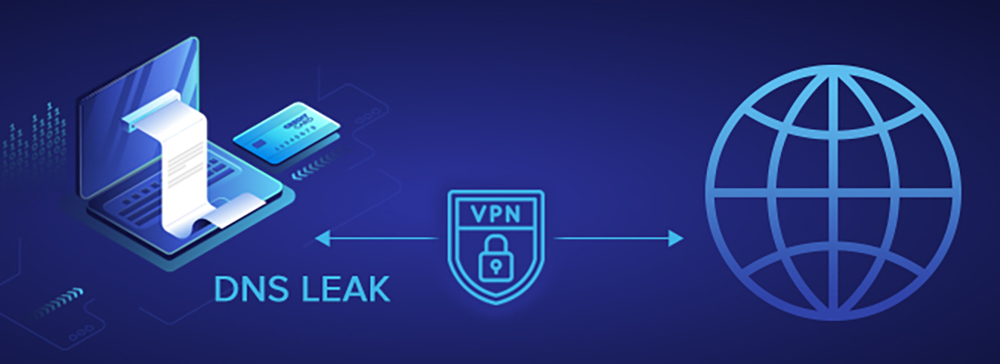
A VPN provider DNS leak is similar to a traditional DNS leak in that it involves sending DNS queries over the public IP address assigned to your router/modem. However, unlike a conventional DNS leak, a VPN provider DNS leak does NOT involve interception or modification of your data packets. Instead, a VPN DNS leak sends your DNS query directly to one of our secure tunnels. In other words, your ISP never sees your DNS queries because you’re in a secure VPN tunnel using a VPN connection.
How Does A VPN DNS Leak Work?

The domain name system provides several essential services, including:
- Locating websites on the Internet
- Identifying computers connected to the Internet
- Providing access to resources found on remote machines
To provide these services, the domain name system uses two main components:
1) Resolvers – Computer programs store records containing names and addresses associated with specific hosts. Each resolver stores its local copy of the authoritative database.
2) Root Servers – These are special servers maintained by ICANN that contain copies of the entire, authoritative database. All requests made to the root server are answered within seconds.
When you connect to the Internet via a broadband connection, your device automatically connects to a default gateway. That’s typically either your modem or wireless router. Once you establish communication between your device and the network, your device establishes a TCP session with the default gateway. At this point, your device begins communicating with the default gateway using UDP port 53. Port 53 is used exclusively for DNS resolution. Your device will send out a series of DNS queries requesting various hostnames. For example, www.google.com would be sent as “www.” + “.google” + “.com”.
When your device makes a DNS query, it doesn’t communicate directly with Google. Instead, it communicates indirectly through the default gateway. As part of establishing the TCP session, the default gateway receives a packet containing the DNS query. It then forwards the packet to another component called a recursive resolver. Recursive resolvers perform three functions:
- Forward DNS queries received from clients to upstream servers.
- Answer DNS queries themselves.
- Cache resolved results so future queries can return faster responses.
Recursive resolvers forward all incoming DNS traffic to the nearest root server. If no root server exists near enough, the recursive resolver may cache the result locally instead.
Types of VPN DNS Leaks

Photo by PS Photography from Pexels
There are many different types of DNS leaks. The most common ones include:
• OpenVPN: This is probably the most popular open-source software available today. Unfortunately, there have been reports of some users experiencing issues when connecting to specific sites such as Netflix. We recommend avoiding OpenVPN if possible.
• PPTP: Microsoft has discontinued support for PPTP, but we still offer an option for those who need it.
• L2TP/IPSec: Both of these protocols use encryption to protect user information during transit. They also require additional configuration steps, which make them more complex than standard VPN connections.
• SSTP: Similar to L2TP / IPSEC, SSTP requires extra configuration steps making it less convenient than regular VPNs.
• IKEv2: Like IPSec, IKEv2 encrypts user information while traveling across the Internet. However, unlike IPSec, IKE v2 does not provide any authentication features. Therefore, anyone on the same subnet could potentially intercept packets being exchanged over IKEv2 tunnels.
How To Protect Yourself From A DNS Leak?

Photo by inna mikitas from Pexels
The best way to prevent DNS leakage is to avoid using public Wi-Fi networks altogether. Instead, consider purchasing a dedicated home/office Ethernet cable. You should always use a wired connection whenever possible. In addition, keep in mind that even though you’re connected to a private network, other devices might still be able to access resources hosted by third parties.
If you must use a public Wi-Fi hotspot, try disabling IPv6. By doing so, you’ll reduce the number of potential sources of DNS leaks. Also, disable automatic updates. These settings won’t eliminate the risk of DNS leaks, but they do help minimize their impact. Finally, don’t forget about browser extensions! Many browsers now allow you to block ads and trackers. Some also let you control cookies. All of these tools can help limit how much data websites collect about you.
Why Should I Get One Of Those Fancy New Domain Names That Require An SSL Certificate?

Think of a domain name system as a phone book. Now what would happen if you’re information was printed incorrectly in that phone book? You wouldn’t get any phone calls or customers. But that’s just the tip of the iceberg when it comes to DNS and DNS protection.
An SSL certificate provides two main functions:
1.) Encryption – This ensures that all traffic between your computer and website is encrypted. Without proper encryption, someone with malicious intentions may view sensitive information such as credit card numbers, passwords, etc.
2.) Authentication – The purpose of an SSL certificate is to ensure that users accessing your site are coming from where they claim to come from. Otherwise, hackers would have full access to your server, which means they’d be able to steal personal information stored within your database.
There are many reasons why you should get an SSL certificate. Here are just some of them:
- Ensures Your Website Will Be Visible On Search Engines
- Protects Users From Phishing Attacks
- Improves User Experience
- Provides A More Secure Connection Between Browser And Server
With a properly configured DNS, you will be able to protect and secure all the connected pages to your network. You will also be able to set up sub-domains within your LAN (local area network) to provide security to all of the hosted sites on this server. There are also times when these domains are required to be changed as the IP address for the server changes.
Having a working DNS security solution can save you money by reducing the cost of making manual adjustments to IP addresses. This can reduce costs in terms of staff and human resources requirements. It can also provide better protection to your website and your network. There are many benefits that a professionally set up DNS will deliver to your business. However, you need to understand the risks of such a solution before deciding if it is right for your business.
A professionally set up DNS is generally known to offer higher security levels than that provided by a DNS server that is not configured correctly. This is because a DNS administrator has extensive knowledge of how to configure the system and has the authority to make changes to the DNS protection data required for security purposes. A properly configured domain name system is also more efficient. A DNS server that is not configured correctly will share a common pool of IP addresses to reduce efficiency. Finally, a properly configured DNS offers higher levels of security since it requires the administrator to be a knowledgeable and experienced computer hacker.
DNS Server Pitfalls
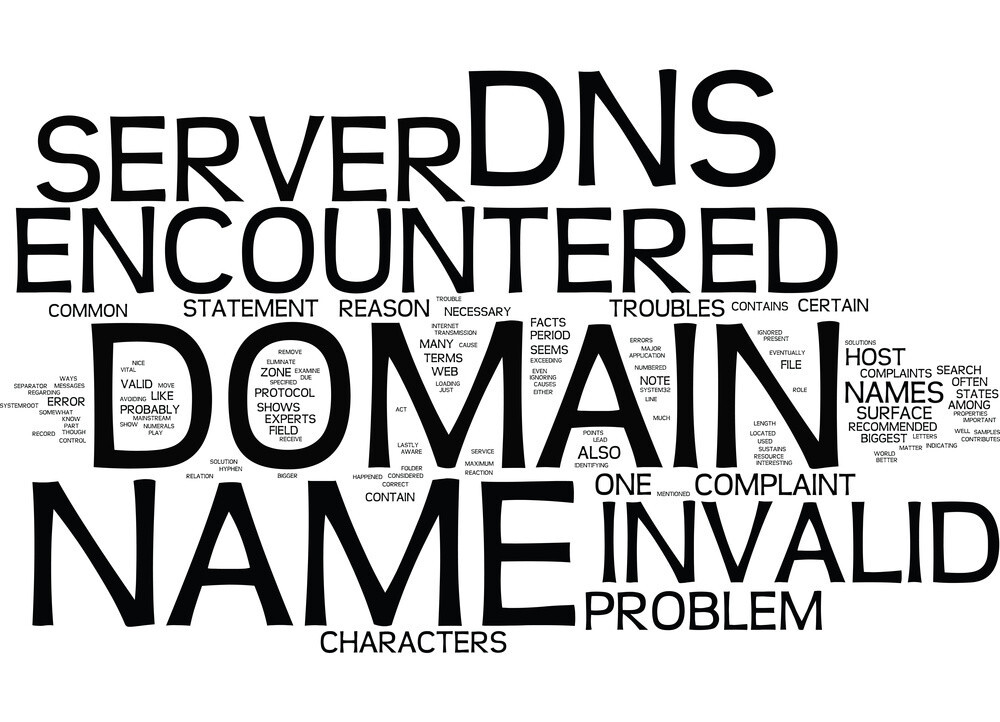
Whether it’s human error or something, technical domain name system errors have been known to occur, and here are a few to watch out for.
One major disadvantage of having a DNS server is that it can spread quickly if a malicious virus attacks the system. An infected server can cause a crippling effect on a business, especially if the infected data is crucial to the functioning of the company. To stop this from happening, a domain name system administrator must stop the attack as soon as possible. This is a very demanding job, which requires specialized training. Furthermore, most administrators have many other responsibilities, such as database administration, website development, and programming, so they may not have enough time to spend on DNS updates.
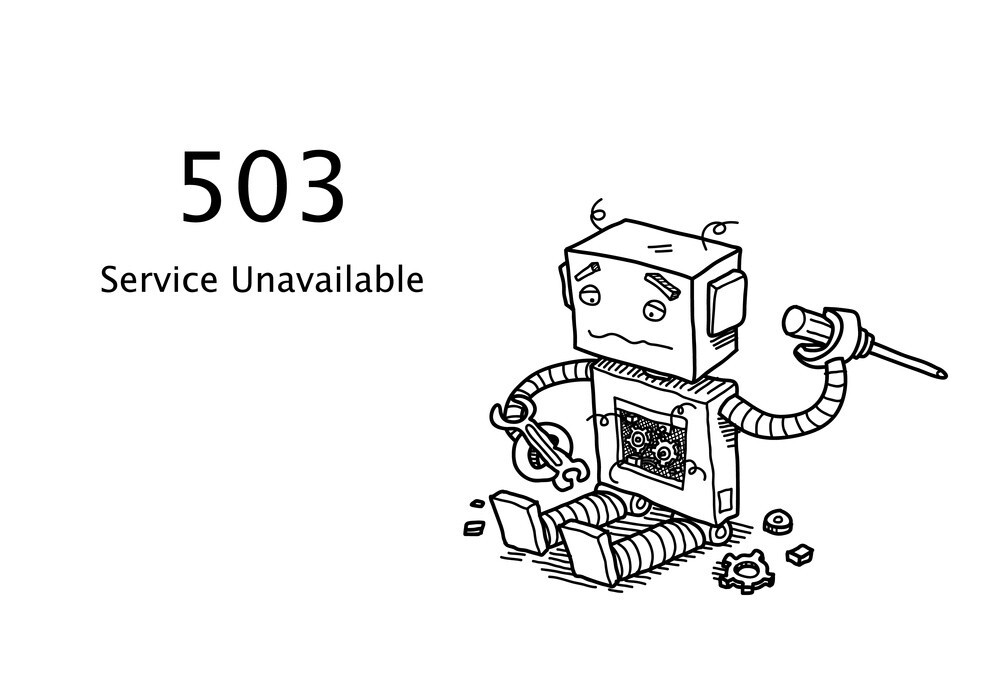
Another potential problem is that an employee in the network can delete domain name system records. This can lead to several issues, including the loss of critical data and customers. Many companies have been known to lose data due to deleted DNS records. When employees delete records, they do not usually realize that they have done so until the damage is done. Even when employees try to back up the data, they sometimes cannot, meaning there is no protection if data is lost due to deleted DNS entries. Also, there is a risk that an employee with malicious intent can use the system to obtain data such as credit card numbers and passwords.
Technology is constantly advancing in today’s world, and new products are being introduced and upgraded every day. Similarly, DNS servers are being introduced and upgraded continuously to keep pace with technology’s fast pace. If your business needs to stay up to date, you need to find a reliable provider to provide your domain name system with OCSP stapling. This service will allow your system to run faster while storing more records. As a result, you will provide your customers with the best possible service, which will help grow your business exponentially.
How to Find a Reliable DNS Protection Provider
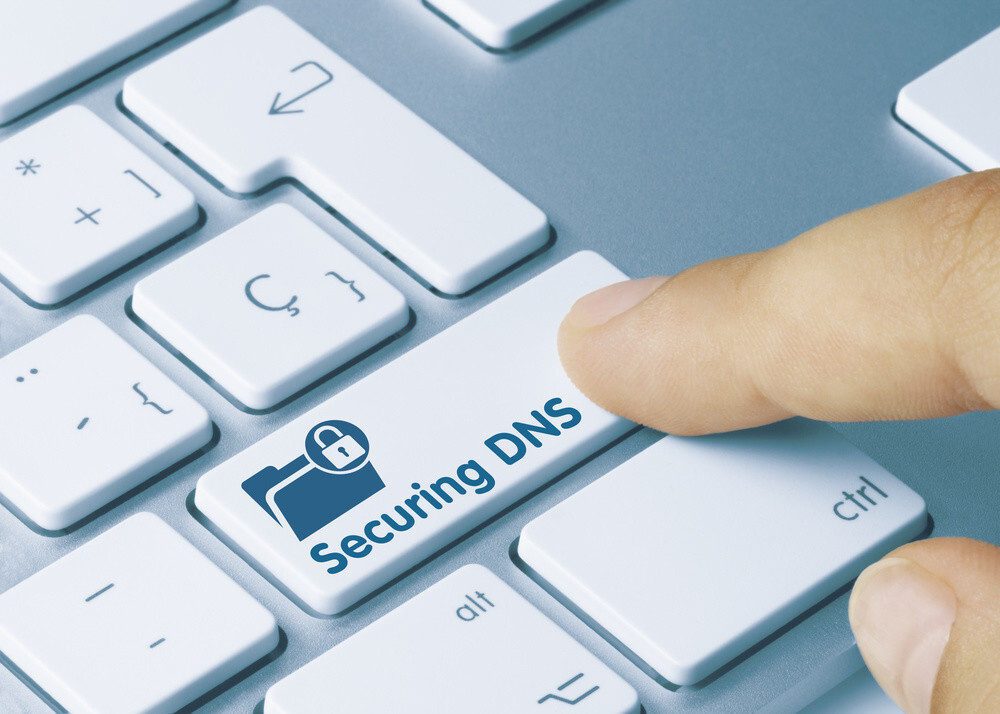
When talking to a potential host about your DNS, you need to ask them specific questions about their DNS protection practices.
Finding a reliable and competent domain name system hosting service is essential to any webmaster or small business looking for a high-end, guaranteed web presence. With so many options out there and so many different companies claiming to offer the best hosting services available today, it’s sometimes difficult to know which ones can deliver the kind of results a business needs. Fortunately, there are some simple things to look for when finding a high-quality company that can provide you with top-quality domain name system protection.
Look Up Reviews

There are plenty of review sites online where consumers can read up on other consumers’ experiences regarding different hosting providers and DNS protection. These reviews are a great way to learn about what kinds of features certain providers have, their price range, and how customer support compares with others. You can learn a lot from these reviews as well as the experiences of other people. A company that consistently receives good reviews will most likely be a good fit for your needs.
Check Out the Credentials of a Company

Many companies promise to offer you the world. Before choosing a company to partner with, please make sure they have a deep understanding of how DNS and DNS protection works.
It’s important to determine if the company you’re considering has a positive uptime record, backup data, and similar DNS protection and security measures in place. Please find out how long a provider has been in business and exactly how long they’ve been offering their services. Remember that while smaller companies may not have the advanced features of larger companies, they should have a strong presence online. The more established a company is, the more likely it will be to stay on top of all of the latest threats to its servers and offer you the best DNS protection available.
Talk to Other People About DNS Leak Protection

Talk to your friends and colleagues and ask them who they use for their DNS and DNS protection.
Talk to other website owners and forum members who may have used the same hosting service you’re interested in. Find out what kinds of security and other issues they’ve had to deal with. Chances are, you’ll gain a better perspective on the company’s level of support by talking to people who have used the company in the past.
Look at the Website

Please do your due diligence and make sure that the company you are partnering with for your DNS protection is in it for the long haul and knows what they’re doing.
You’ll need to make sure the site looks professional and that it’s easy to navigate. You don’t want to be presented with a lot of flashing ads and strange graphics. It also needs to tell whether the company offers technical support and how to reach them if you encounter a problem.
While it’s tempting to take a service’s word for it and sign up for the first one you find, you should always look deeper. Read the About Us and Customer Agreement sections carefully. You’ll probably be able to find some information about the company, its operators, and their reputation with other companies. If you see any red flags, such as many unresolved tickets or complaints, stay away from that company.
Check Out the Uptime Stats

If your site is constantly down, your DNS protection means nothing, and you need to find a different provider ASAP.
While you don’t want to rely on a company that has poor uptime, you’ll also want to ensure that you’re not continually waited on by a company that seems to have a lot of trouble keeping its servers running. Look for the company’s estimated average response time, both in terms of peak and off-peak hours, to determine their security level. It doesn’t matter how good your DNS protection is if your site is constantly offline.
Wrapping Up

DNS protection shouldn’t cost an arm and a leg, but at the same time, if you’re getting quoted a super low price, something may be wrong.
As long as people continue to rely on unsecured wireless networks, DNS leaks will remain a serious threat. Fortunately, there’s no reason why you shouldn’t be safe from this type of attack. As with any service, there are positives and negatives, especially when it comes to DNS leak protection. But if you partner with a reputable company, you’ll have a much, much better experience than if you just chose them on a whim. If you have any questions or would like to schedule a tech strategy meeting, please send us a message.

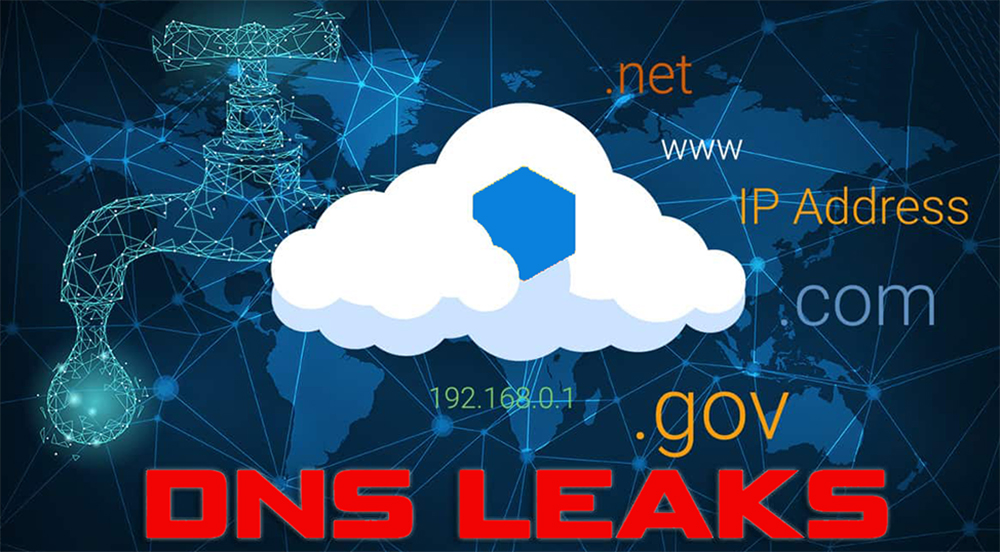

Recent Comments